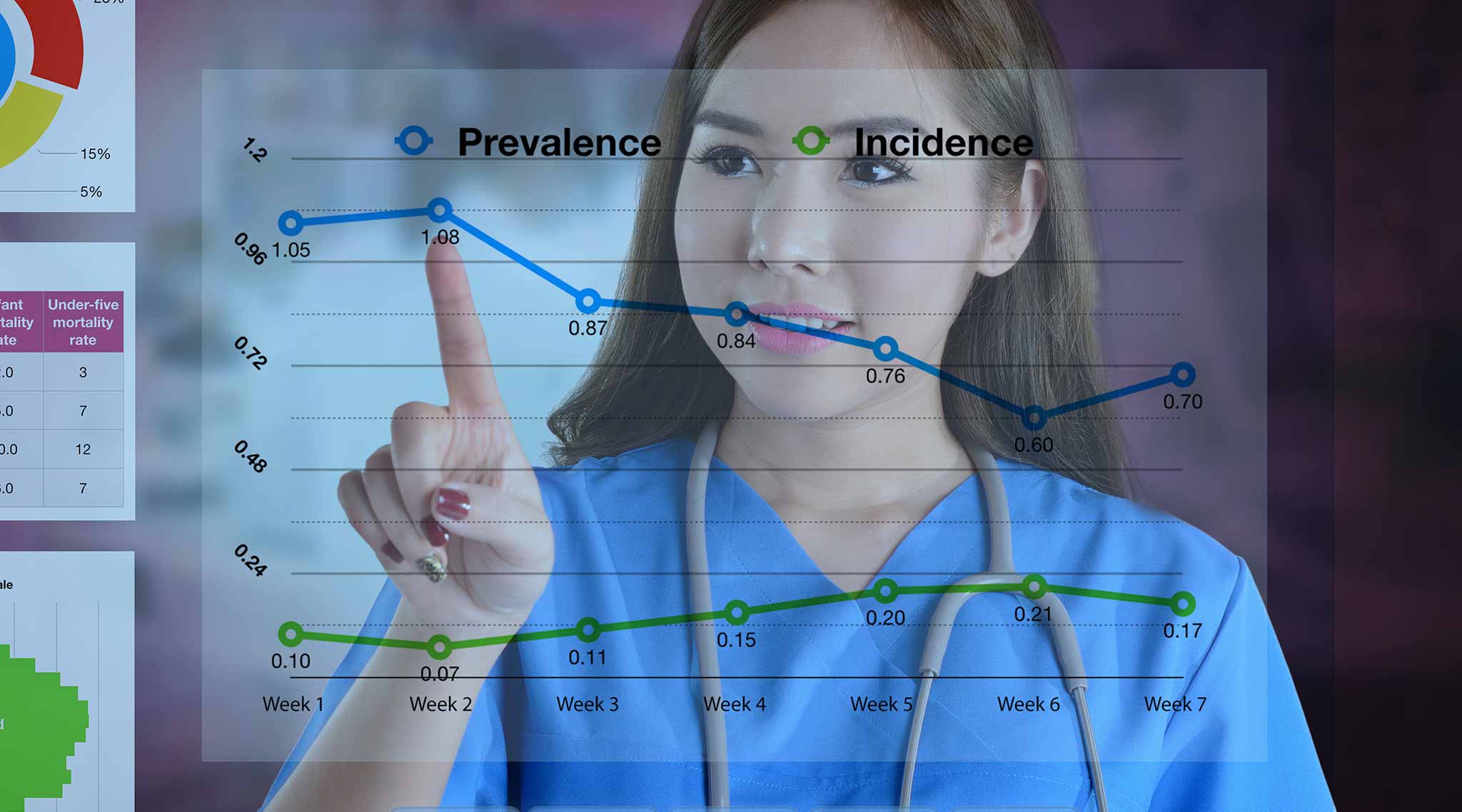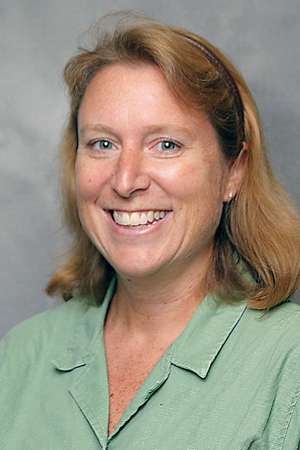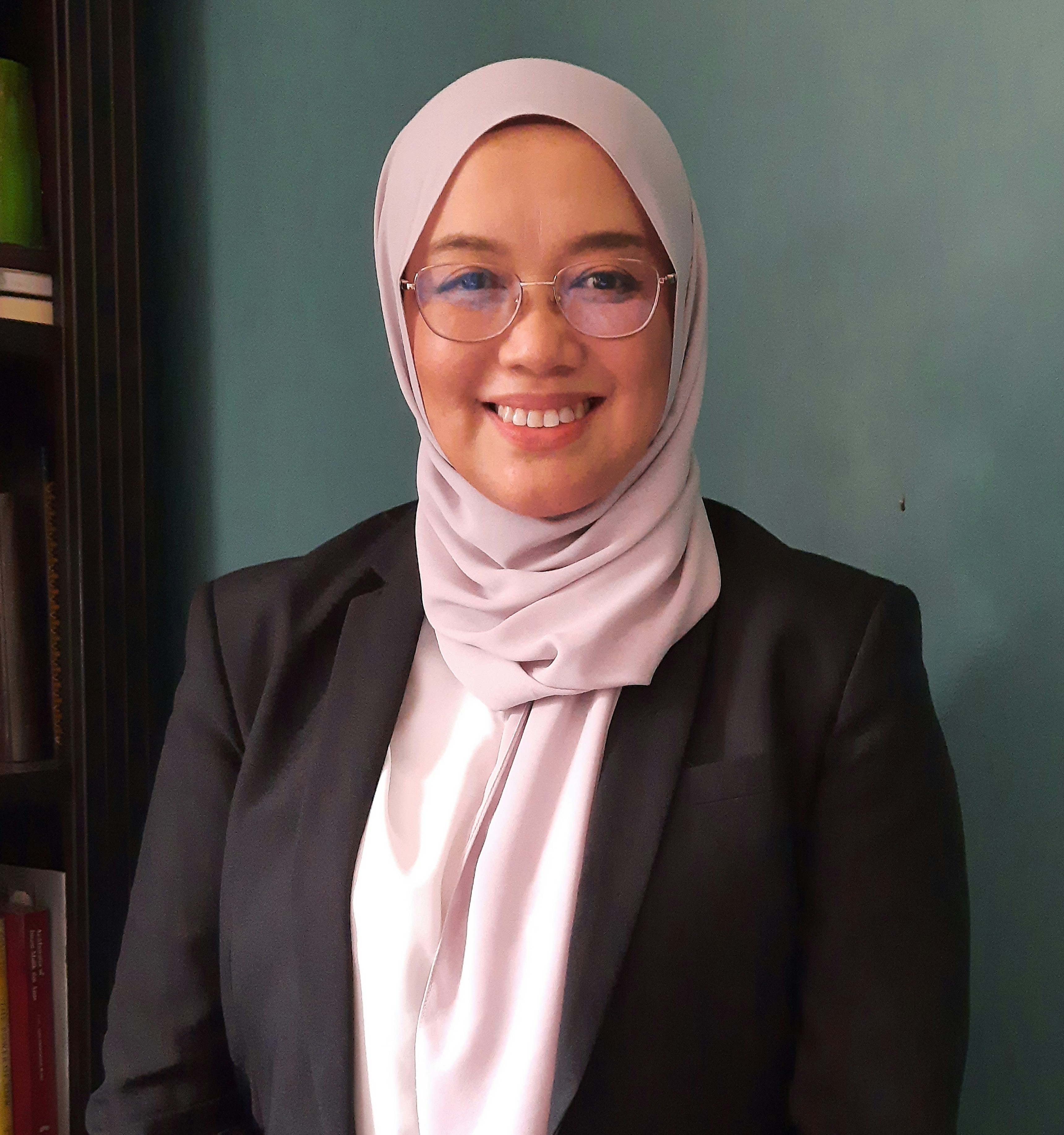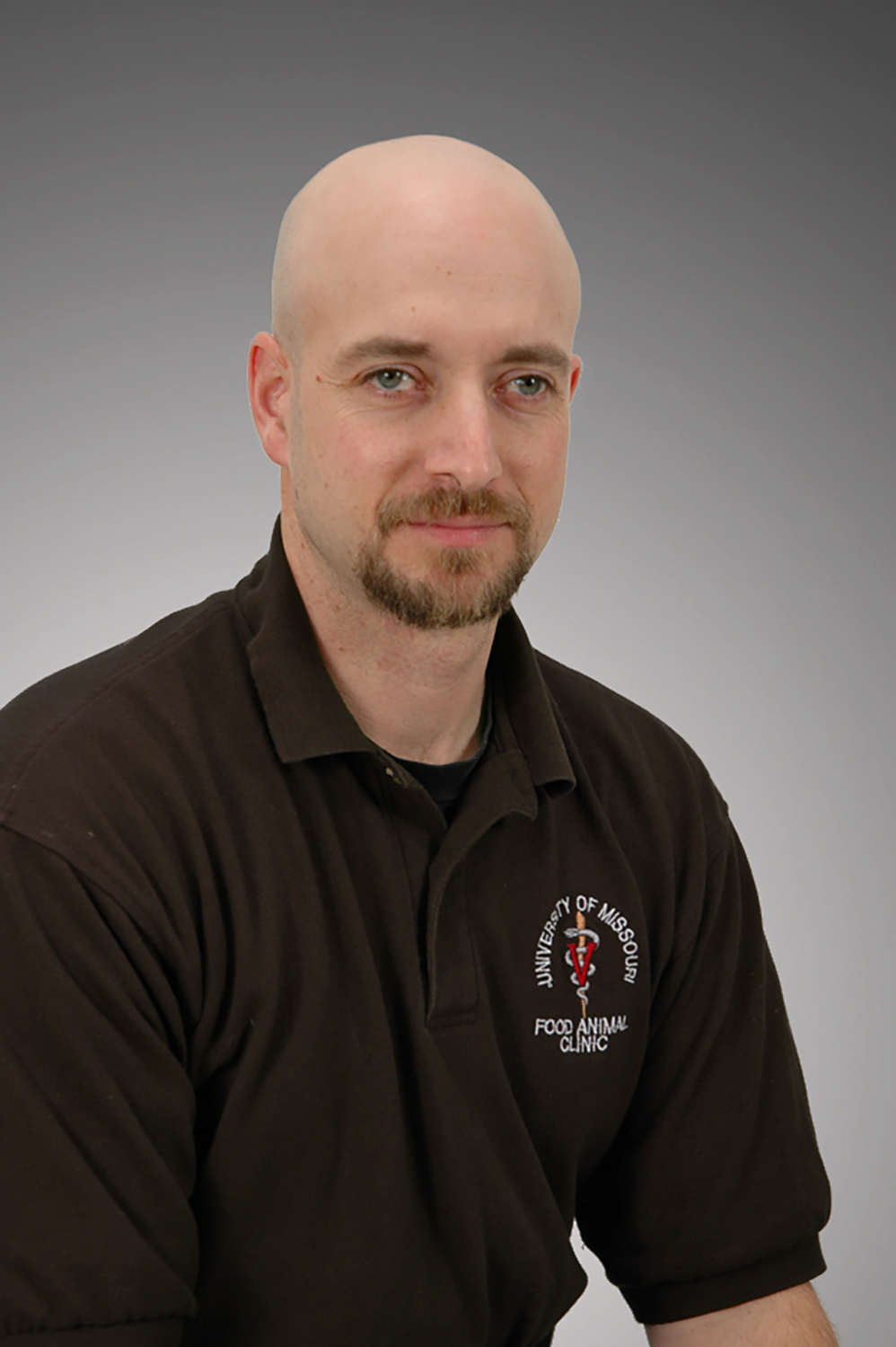Get started with Mizzou
Apply hereOverview
Epidemiology is the core science of public health — and those employed in the field are shaping the way that decisions about health are made. This certificate program is designed to help health professionals in a variety of roles rise to the challenge of utilizing analytic methods to study the occurrence and distribution of health-related conditions.
In addition to public health specialists, including those working at governmental agencies, community-based nonprofits or for-profit health care organizations, students in a variety of graduate programs (such as anthropology or sociology) or employed in clinical fields (such as medicine or nursing) will find value in this program’s course work. Enhance your employability and add epidemiological analysis to your skill set with MU’s online graduate certificate in epidemiology.
Quick facts
Official name
Graduate Certificate in EpidemiologyCampus
Program type
Graduate certificateAcademic home
College of Health Sciences | Department of Public HealthDelivery mode
100% onlineAccreditation
Higher Learning Commission; Council on Education for Public Health (CEPH)Credit hours
12Estimated cost
$7,608.00*This cost is for illustrative purposes only. Your hours and costs will differ, depending on your transfer hours, your course choices and your academic progress. See more about tuition and financial aid.

Career prospects
Potential careers
- Infection control epidemiologist
- Public health analyst
- State epidemiologist
- Public health laboratory scientist
Graduate outcomes include
- Understand the key role of epidemiology in informing health issues and in preserving and improving public health;
- Appropriately select and use information technology to identify, locate and access health-related data;
- Accurately evaluate the integrity of data and identify gaps in data;
- Analyze data arising from epidemiologic studies using appropriate software;
- Interpret the output of regression models from standard statistical programs and present the results in research papers and project reports;
- Evaluate outcome-based research on public health interventions for its potential use in public health practice;
- Convey community assessment and intervention findings to lay audiences.
Program structure
The online graduate certificate in epidemiology is 100 percent online: no campus visits are required.
Courses are semester-based. Students typically take two classes each semester session and finish the program in one year.
Course work covers
- Veterinary epidemiology and biostatistics
- Applied epidemiology in community assessment
- Participatory research approaches for health systems
Delivery
100% onlineCalendar system
Semester-basedTypical program length
1 yearTypical course load
2 classes per semesterSee all online programs offered through the College of Health Sciences.
Accreditation
The University of Missouri is accredited by the Higher Learning Commission, one of six regional institutional accreditors in the United States.
The epidemiology graduate certificate program is accredited through the Council on Education for Public Health.
Faculty spotlight

Phillips received her MPH in 1992 and has worked for the Centers for Disease Control and Prevention in areas including environmental health, immunization and tuberculosis control. She also worked at the Missouri Department of Health and Senior Services as a nurse consultant and CDC field assignee to the tuberculosis program. She has had numerous publications in the areas of tuberculosis prevention and control, infectious diseases, immunizations and environmental health. She now teaches for both the bachelor’s of public health and master’s of public health programs, and serves as the MPH field placement coordinator.

Latiffah Hassan is a teaching professor in the College of Health Sciences at the University of Missouri. In the past decade, Dr. Hassan has played a crucial role in enhancing One Health workforce capacities in Malaysia and Southeast Asia by strategizing training programs and fostering numerous intersectoral engagements. She serves in various One Health leadership capacities in Southeast Asia and is passionate about advancing One Health as a holistic and interdisciplinary approach to address complex health challenges.

Loren Schultz is an associate teaching professor in the College of Health Sciences at the University of Missouri. His clinical interests include beef cattle production medicine and epidemiology.
